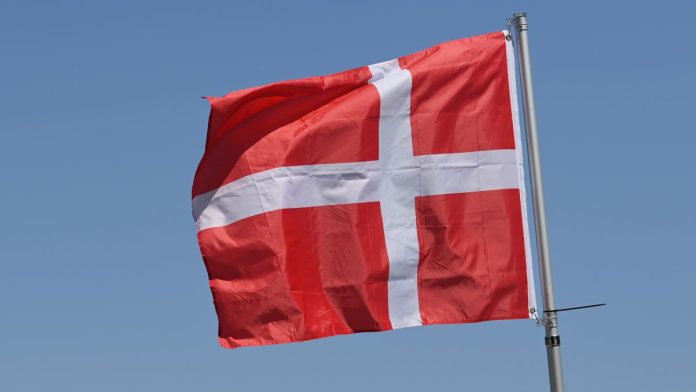Данія вжила кроків, щоб виразити своє невдоволення торговельною політикою президента США Дональда Трампа, маркуючи європейські товари в супермаркетах. Супермаркети Føtex, Netto та Bilka, які мають великі мережі по всій країні, розпочали нову ініціативу – маркування європейських товарів на цінниках зірочкою. Це допомагає покупцям легше знаходити та обирати продукцію, виготовлену в межах Європейського Союзу.
Відомо, що цей крок є частиною протесту проти торговельної політики Трампа, який неодноразово вдавався до введення мит та обмежень на товари з Європи, що створює серйозні економічні виклики для європейських виробників. Зірочка на ціннику, яка позначає європейське походження товару, є символічним жестом підтримки європейської економіки та відповіді на дії США.
Ініціатива отримала визнання не тільки в Данії. За даними опитування, проведеного YouGov для інформаційного агентства DPA, три чверті респондентів у Німеччині підтримують подібне маркування. 47% респондентів повністю підтримують ініціативу, а ще 30% висловлюють підтримку, хоча й не настільки рішуче. Більшість європейців висловлюють бажання, щоб подібні заходи були прийняті в інших країнах ЄС для підтримки внутрішнього виробника.
Торгівельна політика США під керівництвом Трампа часто ставала причиною напруженості в міжнародних відносинах. Введення митних тарифів на європейські товари, а також застосування інших економічних обмежень щодо ЄС стали підставою для таких дій, як маркування європейських продуктів у Данії. Влада Європейського Союзу та окремі країни, зокрема Данія, висловлюють стурбованість цими заходами та шукають способи підтримки європейських виробників.
Цей крок також став відповіддю на політику “America First”, яку активно просував Трамп, підкреслюючи пріоритет американських інтересів у глобальній економіці. Данія, як і багато інших країн ЄС, відчуває економічний тиск у зв’язку з цими торговими суперечками.
Данія не єдина країна, яка задумалась над такими заходами. Підтримка цієї ініціативи в Німеччині свідчить про можливість поширення подібного маркування й у інших країнах Європи. Це також може стати сигналом для ЄС, що необхідно шукати нові способи підтримки внутрішнього виробництва в умовах складної глобальної торгівлі.
Подібна практика може отримати подальший розвиток у рамках європейської економічної політики, де маркування європейських товарів на зразок данського жесту допоможе споживачам краще орієнтуватися у виборі продукції та підтримати місцевих виробників у боротьбі за свої ринки.


